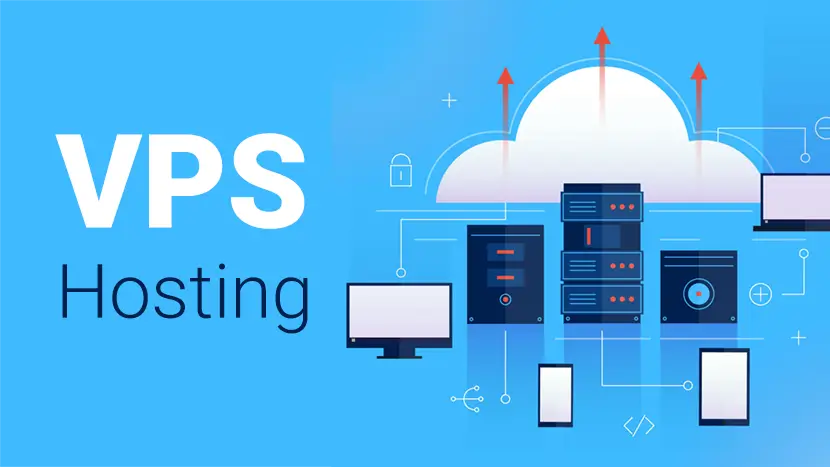joserains3
VPS Server Management: Tips and Best Practices

Managing a Virtual Private Server (VPS) requires attention to detail, proactive monitoring, and regular maintenance to ensure optimal performance, reliability, and security. Whether you're a seasoned sysadmin or a novice user, here are some tips and best practices for effectively managing your VPS server.
Keep Your Software Up to Date
Regularly updating your server's software is crucial for addressing security vulnerabilities, fixing bugs, and improving performance. Set up automated updates or establish a regular schedule for manually applying updates to your operating system, web server, database, and other software components.
Implement Strong Security Measures
Security should be a top priority when managing a Servidor Cloud CPanel. Implement strong password policies, enable firewall rules, and regularly audit user accounts and permissions to prevent unauthorized access. Consider using tools like fail2ban to protect against brute-force attacks and intrusion detection systems to monitor for suspicious activity.
Backup Your Data Regularly
Data loss can occur due to hardware failures, software errors, or security breaches. Implement a robust backup strategy that includes regular, automated backups of your data and configurations. Store backups in a secure, offsite location to ensure they're available in case of a disaster.
Monitor Server Performance
Proactively monitoring your server's performance can help you identify and address issues before they impact your users. Use monitoring tools to track CPU usage, memory usage, disk I/O, and network traffic. Set up alerts to notify you of abnormal behavior or resource constraints so you can take corrective action promptly.
Optimize Resource Usage
Optimizing resource usage is essential for maximizing the efficiency and cost-effectiveness of your VPS server. Identify resource-intensive processes and optimize their configurations or allocate additional resources as needed. Consider implementing caching mechanisms to reduce server load and improve performance.
Secure Remote Access
Remote access to your VPS server should be secure to prevent unauthorized access and protect sensitive data. Use SSH key authentication instead of passwords to authenticate users, disable root login over SSH, and restrict access to specific IP addresses or ranges.
Document Your Configuration
Maintaining thorough documentation of your server's configuration, settings, and procedures is essential for efficient server management. Document installation steps, configuration changes, and troubleshooting procedures to facilitate troubleshooting and ensure consistency across your environment.
Test Changes in a Staging Environment
Before implementing changes or updates on your production server, test them in a staging environment to identify and resolve any issues or conflicts. This helps minimize the risk of downtime or disruptions to your live services.
Regularly Review Security Policies
Regularly review and update your security policies and procedures to address emerging threats and vulnerabilities. Stay informed about the latest security trends and best practices, and adjust your security measures accordingly to protect your VPS server and data effectively.
Stay Informed and Continuously Improve
Finally, stay informed about new technologies, trends, and best practices in VPS server management. Join online communities, forums, and mailing lists to exchange knowledge and experiences with other server administrators. Continuously evaluate and improve your server management practices to keep your VPS server running smoothly and securely.
In conclusion, effective VPS server management requires a combination of technical expertise, proactive monitoring, and adherence to best practices. By following these tips and implementing these best practices, you can ensure that your VPS server remains secure, reliable, and efficient, supporting your business or personal projects effectively.
by joserains3 on 2024-06-11 11:57:41
No comments yet.